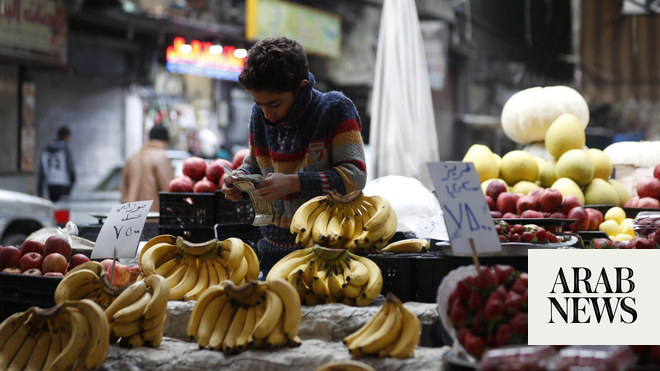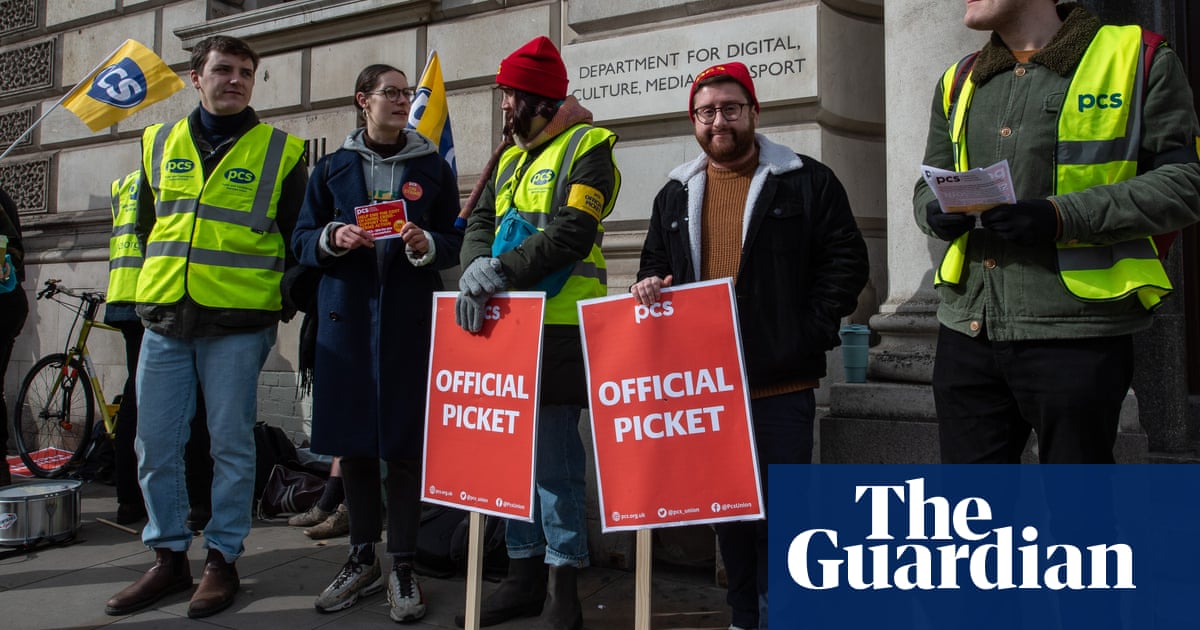
The recent austerity measures are part of an economic reform program designed to meet the terms of a three-year $12 billion loan Egypt secured from the International Monetary Fund (IMF) in late 2016
Gasoline prices have risen by an average of about 34 percent
CAIRO: Egyptian civil servants have warned the government that increases in their salaries will not help them avoid the devastating impact of tough new austerity measures.
Earlier this month the national Parliament approved a draft law giving state employees a 7 percent raise in their basic earnings and an additional irregular bonus of 10 percent.
But while civil servants welcomed the increases, they told Arab News that huge rises in the prices of essential commodities including fuel, electricity, piped drinking water and public transport will still leave them struggling to make ends meet.
One 45-year-old who works at a government notary office in Cairo and requested anonymity said, “It’s better than nothing but definitely still not enough. It can help alleviate the effects of just one item out of the many items of which the state has decided to increase the cost.
“For example, I can now bear the additional costs of drinking water but what about electricity, what about transportation, what about everything else?”
The recent austerity measures are part of an economic reform program designed to meet the terms of a three-year $12 billion loan Egypt secured from the International Monetary Fund (IMF) in late 2016.
In recent weeks, the authorities have increased metro fares by up to 250 percent and the price of cooking gas from 60 Egyptian pounds to 100 Egyptian pounds ($3.3 to $5.6) per cylinder. The cost of piped drinking water has risen by up to 45 percent and electricity by 26 percent. Gasoline prices have risen by an average of about 34 percent.
Abdel-Rahman, a government employee who refused to give his full name, told Arab news: “I earn 1,200 pounds and I have three children. The salary increases they usually announce every year barely make any difference.
“My salary needs to be at least doubled if I’m to survive such dire economic conditions. Life has become too hard and the few pounds they throw at us every year are almost useless.”
Egypt is not the only Middle Eastern country to face a public backlash over a tough austerity program. In January, demonstrations erupted across Tunisia after the IMF told the government there that it needed to take “urgent action” to reduce its deficit.
Earlier this month protesters in Jordan forced the Prime Minister Hani Mulki to resign and King Abdullah to roll back a fuel-price increase in an attempt to quell some of the worst civil unrest the country has seen in years.












